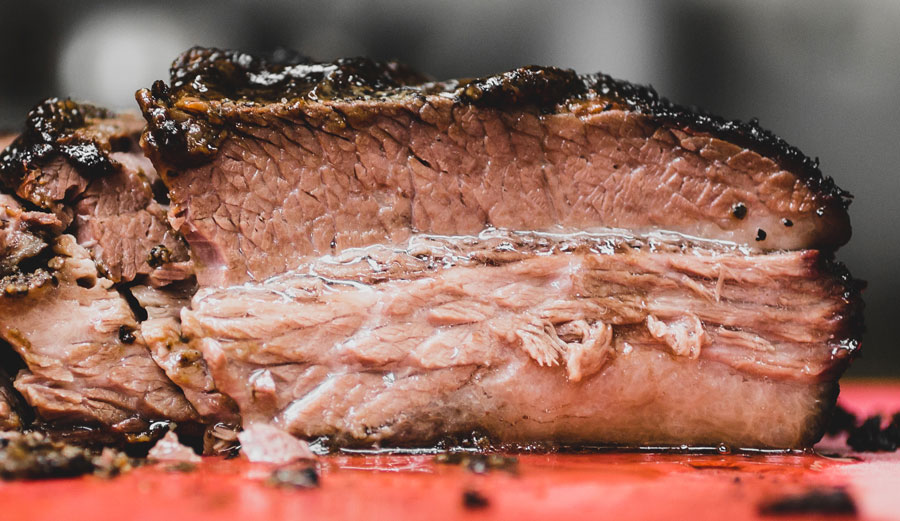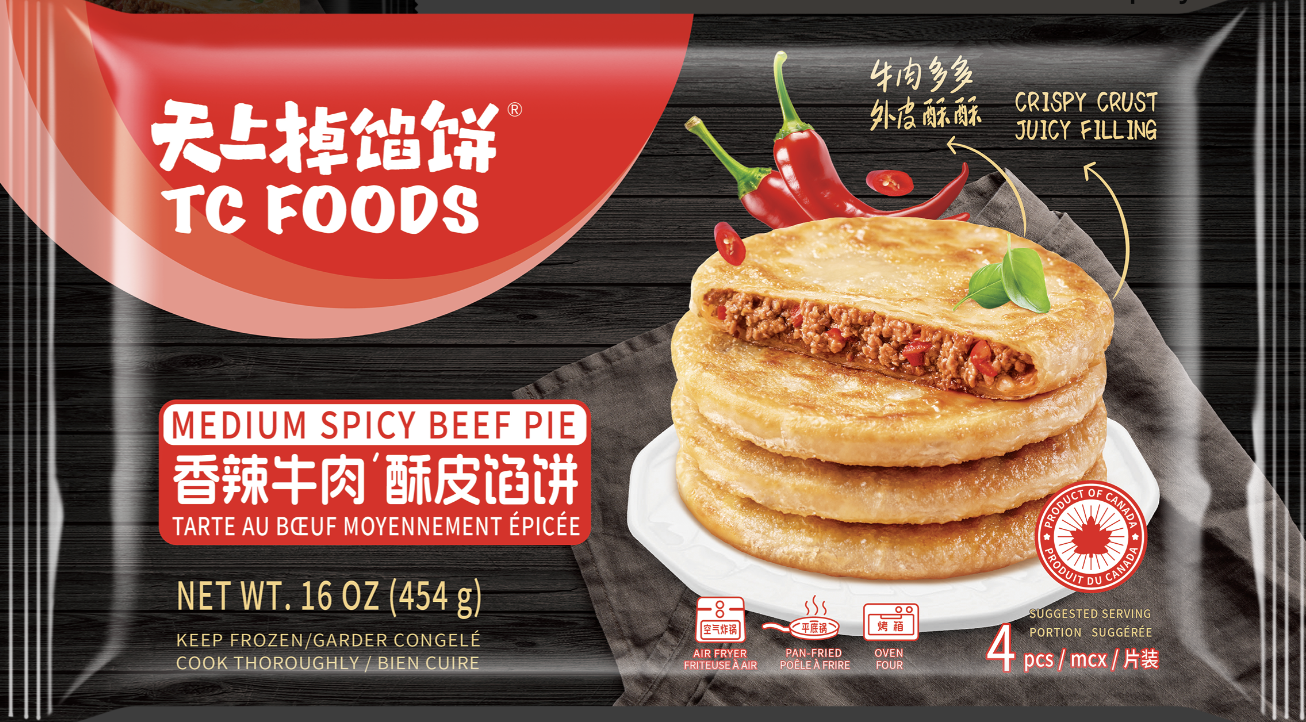NYC’s ‘Green New Deal’ Drastically Cuts Meat Bought For Public Programs

New York City is making historic moves in efforts to make their city both healthier and a better contributor to fighting climate change.

As part of their OneNYC 2050 initiative announced today, the city plans to make drastic cuts in the meat it purchases. That food, which is used for public schools, hospitals, prisons, and other such meal programs, is being replaced to improve health in these areas.
According to the New York City report, all beef purchases for these programs will be cut by 50%, while processed meat purchases will be eliminated altogether. Their explanation for choosing these meats over poultry and pork are as follows:
“Beef has a relatively high environmental footprint compared to poultry, pork, and plant-based foods. Beef cattle, managing manure, and manufacturing fertilizer produces nitrous oxide and methane, two climate-warming pollutants 298 and 25 times more powerful than carbon dioxide, respectively. Processed meat consumption is linked with increased risk of cancer and is often high in saturated fat and sodium which is linked with heart disease. This policy would offer health benefits to the most vulnerable New Yorkers.”
These new policies are some of the most drastic in food policy history. While it does not ban beef or processed meats in the city (private companies can still sell it), it takes a huge step forward in the fight against climate change. By extending it to public programs like schools, hospitals, and prisons, it also ensures that a lot more people in the city get access to more nutritious meals.
Right now, there’s a lot of talking news about meat substitutes like Impossible Foods and Beyond Meat that can be used to replicate beef and other animal products for environmental and sustainability purposes. While New York doesn’t explicitly say they’ll change to those, what they’re doing is the policy equivalent of what these plant-based purveyors are trying to accomplish.
New York City will put these practices into effect through updates to their Environmentally Preferable Purchasing (EPP) program, as well as through executive action. Other new policies include phasing out single-use plastic foodware and cutting the city’s greenhouse gas emissions by 30 percent over the next 10 years.






















